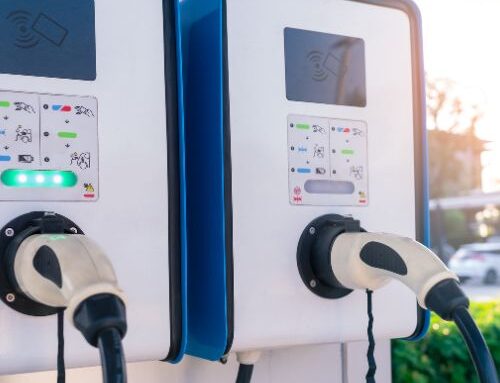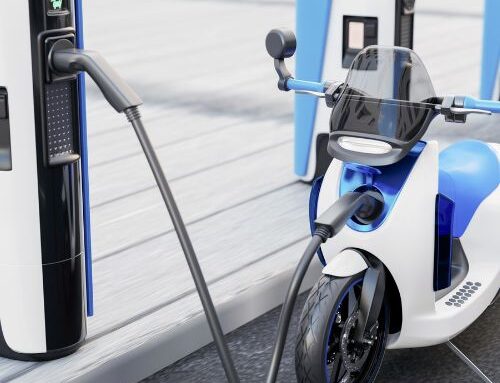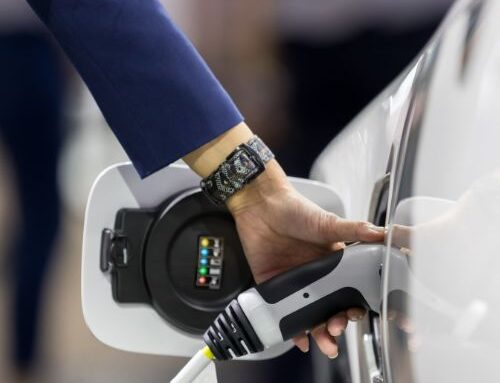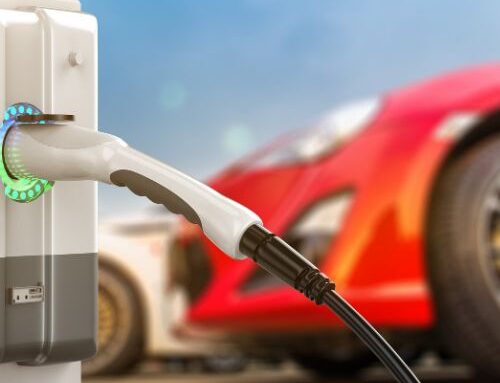How to Choose the Right Residential EV Charging Station
With the rising popularity of electric vehicles (EVs), having a reliable and efficient residential EV charging station is essential for EV owners. Choosing the right charging station involves considering various factors to ensure optimal performance, compatibility, and convenience. This blog will provide you with a comprehensive guide to selecting the right residential EV charging station.
Determine Your Charging Needs
The first step in choosing the right residential EV charging station is to assess your charging needs. Consider factors such as your daily driving habits, the distance you typically cover, and the battery capacity of your EV. This information will help you determine the charging speed and capacity requirements for your charging station.
Consider Charging Speed
Charging speed is a crucial factor to consider when selecting a residential EV charging station. Charging stations typically offer different levels of charging speeds, ranging from Level 1 (110-120 volts) to Level 2 (240 volts) and even Level 3 (DC fast charging). Level 2 charging stations are commonly used for residential purposes, providing faster charging times compared to Level 1 stations.
Evaluate Charging Station Features
Different charging stations come with various features that can enhance your charging experience. Look for features such as smart charging capabilities, which allow you to schedule and monitor charging remotely. Energy management features are also beneficial, enabling you to optimize charging times and minimize electricity costs. Consider additional features like integration with renewable energy sources or compatibility with mobile apps for seamless control.
Assess Compatibility
Compatibility is a critical aspect when choosing an EV charging station. Check the plug type compatibility of the charging station with your EV model. Most modern EVs use the J1772 connector, but it’s essential to confirm compatibility to ensure a proper connection. Additionally, verify that the charging station supports your EV’s charging standards (e.g., CHAdeMO or CCS) if you plan to utilize DC fast charging.
Review Charging Station Capacity
Charging station capacity refers to the amount of power the station can deliver. Ensure that the charging station’s capacity aligns with your EV’s charging requirements. Higher-capacity charging stations can provide faster charging times, particularly if you have a larger battery capacity or plan to charge multiple vehicles simultaneously.
Consider Installation Requirements
Before purchasing a residential EV charging station, assess the installation requirements. Some charging stations may require professional installation, while others can be easily installed by homeowners. Consider factors such as electrical requirements, available space, and the need for additional equipment like mounting brackets or weatherproof enclosures.
Research Brand Reputation
When investing in a residential EV charging station, it’s important to research the reputation of the brand. Look for reputable and reliable manufacturers with a track record of producing high-quality charging stations. Read customer reviews, check for certifications, and assess the warranty and support offered by the brand.
Evaluate Safety Features
Safety should be a top priority when selecting a residential EV charging station. Look for safety features such as ground fault protection, overcurrent protection, and surge protection. These features safeguard against electrical hazards and ensure the safety of both the charging station and your EV.
Consider Durability and Weather Resistance
Residential EV charging stations are exposed to various weather conditions. Therefore, choose a charging station that is durable and weather-resistant. Look for stations with robust construction, corrosion-resistant materials, and weatherproof enclosures. This will ensure the longevity and reliability of the charging station, even in harsh environments.
Assess Future-Proofing
Consider the future of EV charging technology when selecting a residential charging station. Look for stations that support upcoming advancements in EV charging standards and protocols. Choosing a future-proof charging station will prevent the need for frequent upgrades and ensure compatibility with new EV models.
Conclusion
In conclusion, choosing the right residential EV charging station requires careful consideration of various factors. By assessing your charging needs, evaluating charging speed, reviewing features, and ensuring compatibility, you can find a charging station that meets your requirements. Additionally, considering installation requirements, researching brand reputation, evaluating safety features, and assessing durability and weather resistance will contribute to a reliable and long-lasting charging solution.




